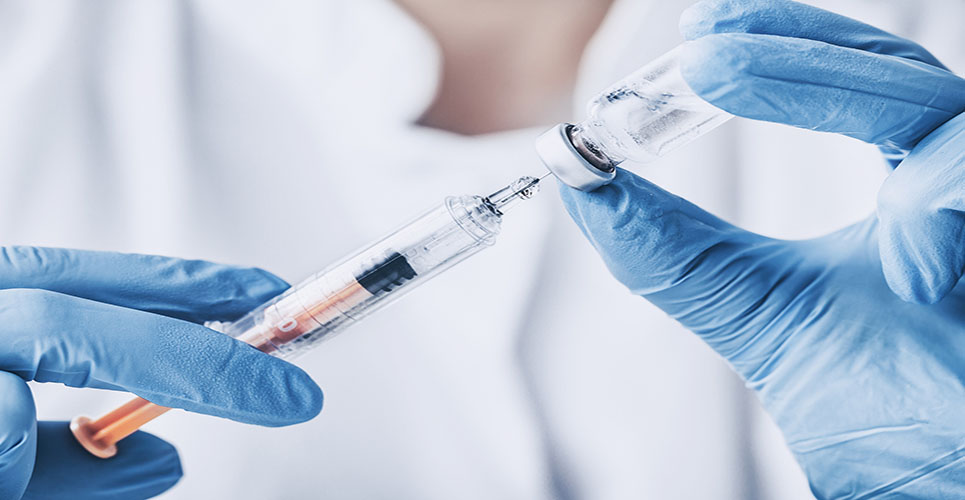teaser
The Italian Medicines Agency (AIFA) announced today that the temporary halt on the use of Agrippal® and Fluad® vaccines in Italy has been lifted. This follows additional information provided by the company and AIFA’s independent assessment, which reaffirm the vaccines’ safety and efficacy. For the 2012-2013 influenza season, more than one million doses have been administered with no unexpected adverse events reported to date.
Distribution already resumed for Canada and Switzerland on October 31, 2012,[1,2] as well as Singapore on November 2, 2012. Within the European Union (EU), Italy is the regulatory reference country for Agrippal and Fluad. Novartis will continue to work with other countries to lift remaining precautionary measures and resume supply as soon as possible.
“Novartis welcomes this positive development with the Italian authorities. Patient safety is our highest priority and we have always remained confident in the quality of our vaccines,” said Andrin Oswald, Division Head, Novartis Vaccines and Diagnostics. “The safety and efficacy of Agrippal and Fluad are supported by extensive clinical and surveillance data, including more than one million doses administered this season.”
“Influenza is a serious public health concern that causes severe illnesses and deaths, particularly in young children and the elderly,” said Alberto Mantovani, MD, Scientific Director, Instituto Clinico Humanitas, Milan and Professor of Pathology, Università degli Studi di Milano. “It is critical that the vaccination campaign can proceed with confidence in the safety and efficacy of the vaccines, and people get vaccinated to protect themselves and their loved ones.”
Italian authorities halted the use of Agrippal and Fluad vaccines on October 24, 2012, following the company’s report of higher than usual levels of protein aggregates observed in one batch of seasonal influenza vaccine which was not released for use. This led to similar actions in other countries. These aggregates are formed by proteins essential to the vaccine, can naturally occur in very small quantities, and typically dissolve when shaken.
According to the World Health Organization (WHO), no other public health intervention, except the provision of clean drinking water, has done more to reduce the global burden of disease than vaccination.[4] It recommends annual seasonal influenza vaccination for the elderly, people with chronic medical conditions and other vulnerable groups, such as pregnant women, health care workers and those with essential functions in society, as well as children from ages 6 months to 2 years.[3]
References
- Health Canada. Voluntary Suspension of Flu Vaccines (Agriflu and Fluad) Lifted. October 31, 2012. Available at: http://www.hc-sc.gc.ca/ahc-asc/media/advisories-avis/_2012/2012_164-eng.php. Accessed on November 4, 2012.
- Swissmedic. COMMUNIQUÉ DE PRESSE – Vaccins antigrippaux de Novartis : Swissmedic donne son feu vert. October 31, 2012. Available at: http://www.swissmedic.ch/aktuell/00003/02075/index.html?lang=fr. Accessed on November 4, 2012.
- World Health Organization. Influenza (Seasonal), Fact sheet N°211. April 2009. Available at: http://www.who.int/mediacentre/factsheets/fs211/en/. Accessed on November 4, 2012.
- Andre, FE, et al. Vaccination greatly reduces disease, disability, death and inequity worldwide. Bulletin of the World Health Organization volume 86, Number 2, 2008. Available at: http://www.who.int/bulletin/volumes/86/2/07-040089/en. Accessed on November 4, 2012.

